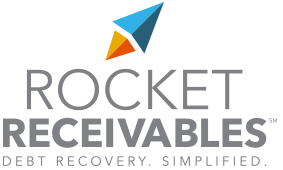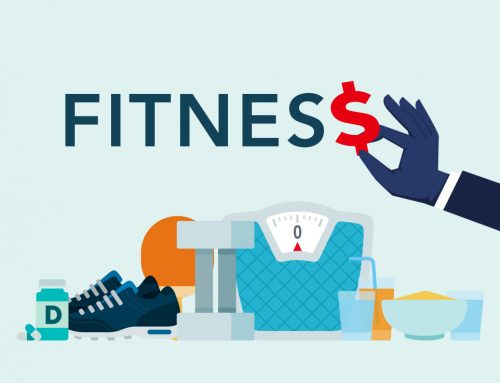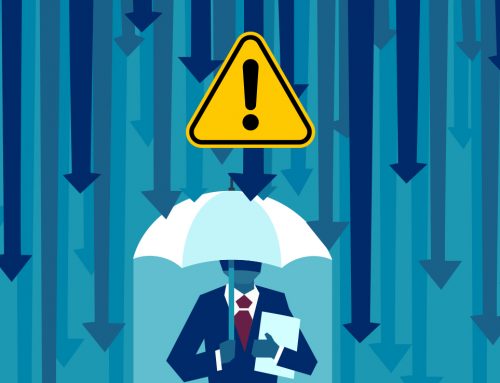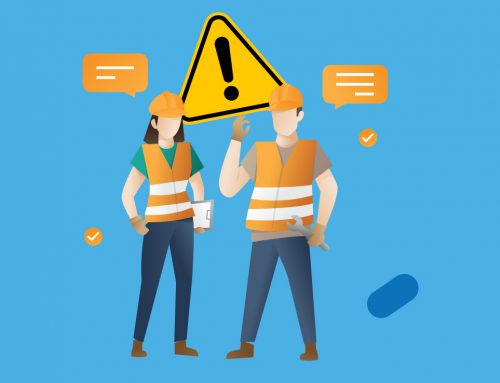Sometimes strategy makes all the difference. This is certainly the case with accounts receivables, especially when it comes to delinquent accounts. When your DSO (days sales outstanding) starts to climb and you’re frustrated by a poor revenue stream, you may need to look for a new process.
One Size Never Fits All
Many companies take a one-size-fits-all approach to collections. They sometimes use automated software programs, whether in-house or outsourced, to collect unpaid debts, while others use an individualized approach that involves calling delinquent customers, sending numerous letters, and launching legal action if necessary.
Both of these strategies can work, but neither works 100 percent of the time. That’s why we use a two-stage debt collection approach at Rocket Receivables. We believe in helping our clients collect debts in a strategic way, which means moving on to another strategy when the first one doesn’t work.
Customers Have Different Reasons for Not Paying
After you attempt to collect debts for a while, you start to see patterns in the responses you receive from customers. The most common ones we hear include the following:
- Silence: The customer never bothers to respond to debt collection attempts.
- Denial: The customer insists he or she doesn’t owe the debt.
- Dejection: The customer has encountered a serious financial predicament and legitimately lacks the money to settle the debt.
- Anger: The customer insists that the debt has been paid, the check is in the mail, the stamp slipped off the envelope—you get the idea.
- Promises: The customer puts off the payment for another week or month or asks us to try back at a later date.
All of these outcomes deserve different proactive responses, but there’s no foolproof way to know which will work. That’s where two-stage debt collection strategies help improve debt recovery and reduce DSO.
Early Intervention
Early intervention is crucial. Follow a communication strategy that has been proven to work and diplomatically reminds the customer of their obligations. At specific intervals, the customer receives letters and other notifications about the unpaid debt. Companies can use this strategy using their own in-house software or by outsourcing to a third-party agency.
If early-intervention doesn’t work, you may need a more individualized collection approach. In this phase, the customer receives personal calls about his or her debt as well as more letters, possible attorney involvement, and other necessary strategies. It’s like the early-intervention approach, but with even more urgency and possible repercussions.
Debt Collection in Motion
If you want to improve your past due account recovery and keep your cash flow from slowing to a trickle, you need a strategy that involves both early-intervention and an individualized approach. Creating a balance between in-house attempts and third-party involvement often improves results dramatically.
If the customer simply forgot to write the check, in-house reminders save you time and money. You can send another invoice with a past-due notice at the top and expect prompt payment. However, when customers prove a little more elusive, you might need help from an experienced debt collection partner.
For a fixed-fee, easily upload your delinquent accounts to Rocket Receivables. We’ll send first- and third-party notices through an automated system that helps shave collection costs. When accounts hit the 120-day past-due mark, it might be time for the aforementioned rocket fuel. You can move on to stage two, which we perform on a contingency basis. In other words, if we can’t collect your money through individual contacts, you don’t have to pay anything.
Strategy matters. The best strategy is to begin collection efforts when an account first becomes delinquent. Using both in-house and outsourced tactics can help small businesses thrive.
Want a more efficient accounts receivable management process? Sign up today to start receiving e-Tips from Rocket Receivables for collection industry best practices for your business.






